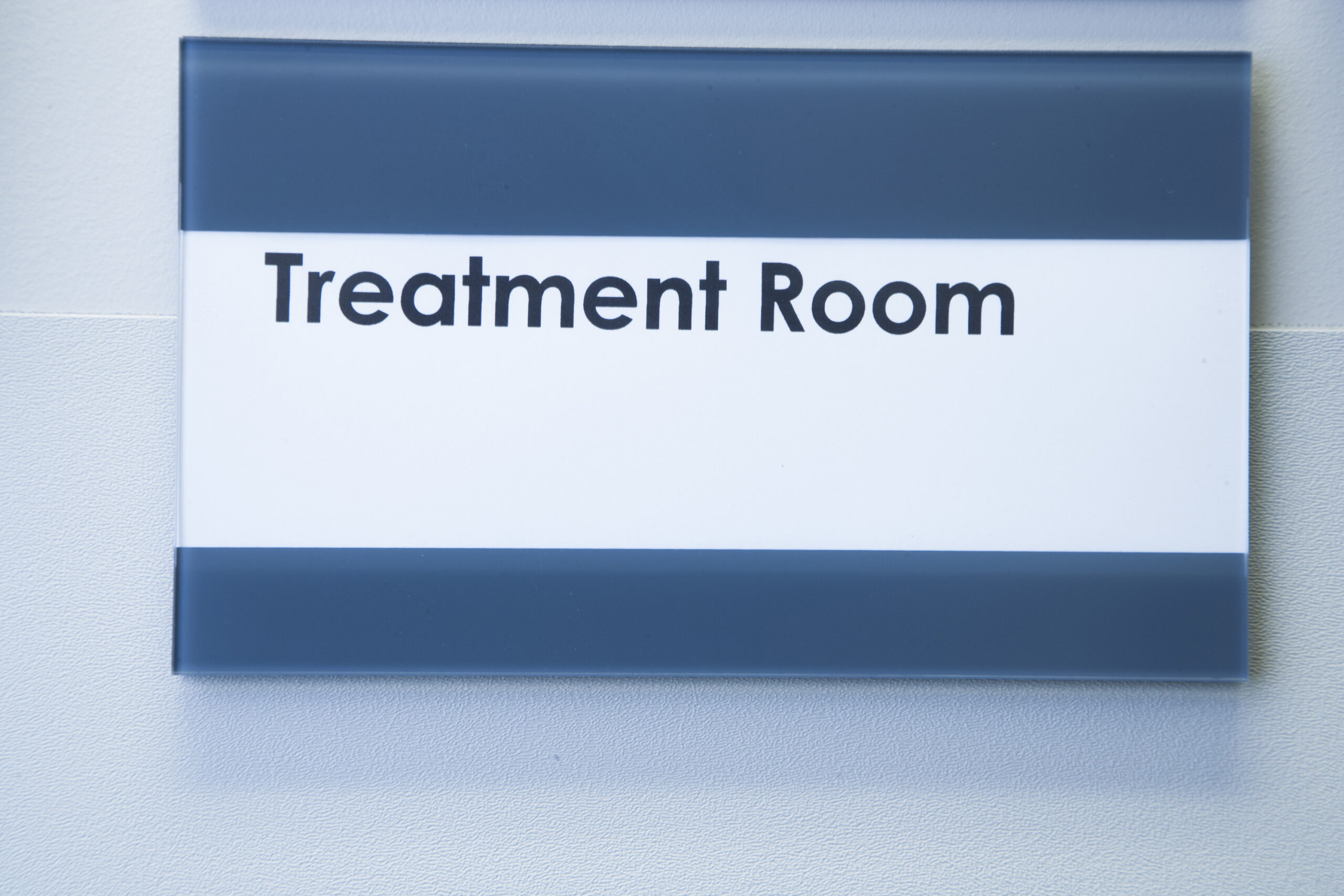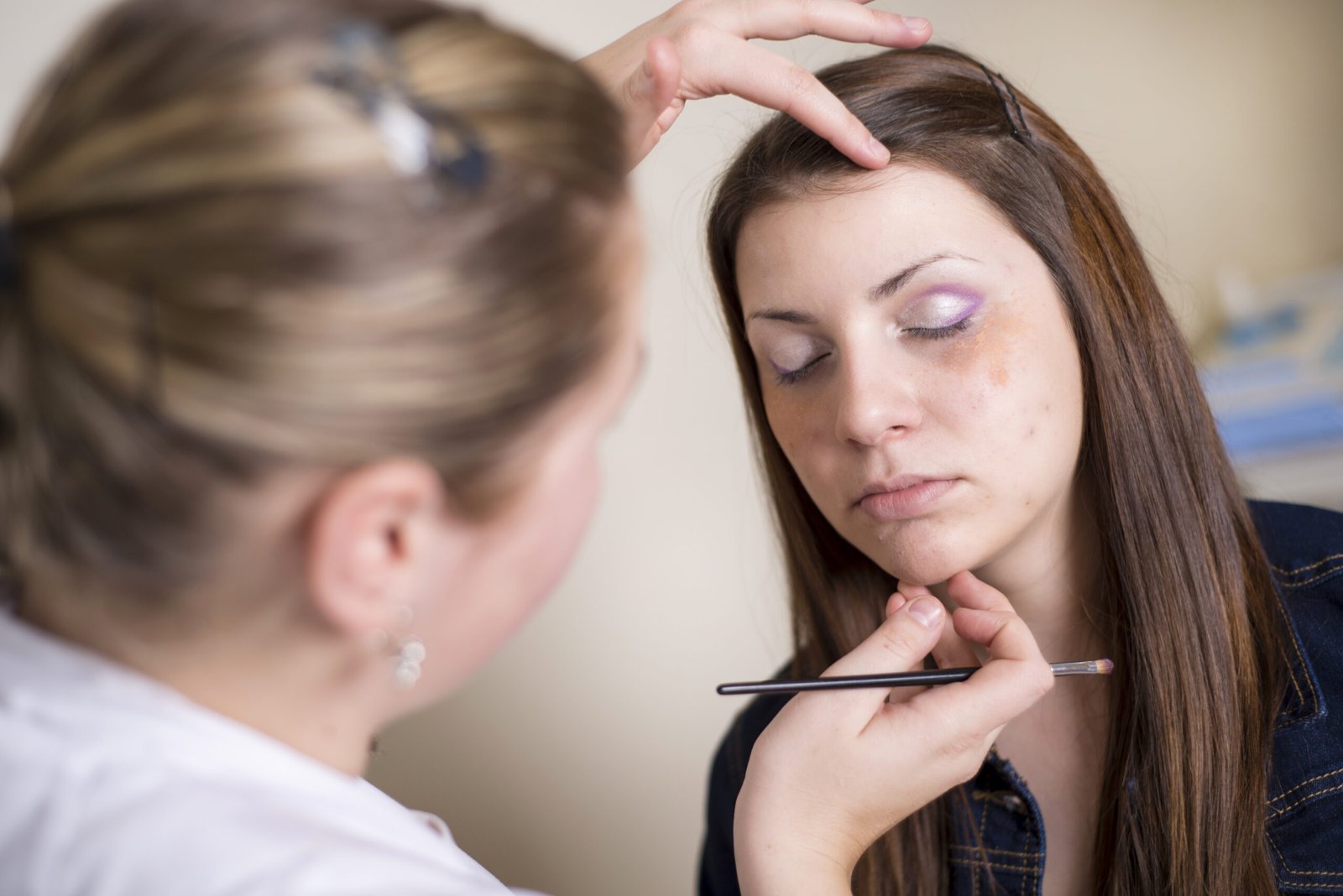Acne is a common skin condition that affects millions of people worldwide. It occurs when hair follicles on the face or body become clogged with oil, dead skin cells, and bacteria, leading to inflammation and pimples. While acne can be frustrating and embarrassing, there are many effective treatments available to help clear up your skin. In this blog post, we will explore different types of acne medications, how to choose the right one for your skin type, and dispel some common myths about acne treatment.
Introduction to Acne and Its Causes
Acne is caused by a combination of factors, including genetics, hormones, and lifestyle choices. Some people may have a family history of acne, while others may experience breakouts due to changes in their hormone levels during puberty, pregnancy, or menopause. Lifestyle factors such as stress, poor diet, lack of sleep, and exposure to pollution can also contribute to acne development.
Types of Acne Treatments and Their Effectiveness
There are several types of acne treatments available, ranging from over-the-counter products to prescription medications. Over-the-counter options include benzoyl peroxide, salicylic acid, and sulfur-based creams and washes. These products work by killing bacteria, removing excess oil and dead skin cells, and reducing inflammation. However, they may not be strong enough to treat severe acne.
Prescription medications include topical retinoids (such as tretinoin), antibiotics (such as clindamycin and erythromycin), and oral contraceptives (for women). Topical retinoids work by unclogging pores and preventing new comedones from forming, while antibiotics kill bacteria and reduce inflammation. Oral contraceptives can help regulate hormonal imbalances that cause acne.

How to Choose the Right Acne Medication for Your Skin Type

Choosing the right acne medication depends on several factors, including your skin type, the severity of your acne, and any other medical conditions you may have. For example, if you have dry or sensitive skin, you may want to avoid harsh ingredients like benzoyl peroxide, which can irritate your skin further. Instead, you might try a gentler product like salicylic acid or a topical retinoid. If you have oily skin, look for products that contain alcohol or witch hazel, which can help absorb excess oil.
Common Myths and Misconceptions About Acne
One of the most common misconceptions about acne is that it’s caused by eating greasy foods or chocolate. This is simply not true – there is no scientific evidence to support these claims. Another myth is that touching your face causes acne. While it’s important to keep your hands clean and off your face as much as possible, touching your face alone cannot cause acne. Finally, some people believe that popping pimples is an effective way to get rid of them. In reality, popping pimples can make matters worse by spreading bacteria and causing scarring.
Conclusion: Final Thoughts on Acne Treatment and Prevention
While acne can be challenging to deal with, there are many effective treatments available to help clear up your skin. By choosing the right medication for your skin type and following a consistent routine, you can achieve clearer, healthier looking skin. Remember to always wash your face twice daily with a gentle cleanser, use sunscreen to protect against UV damage, and avoid picking at or squeezing your pimples. With proper care and attention, you can enjoy smooth, beautiful skin that radiates confidence and youthfulness.
